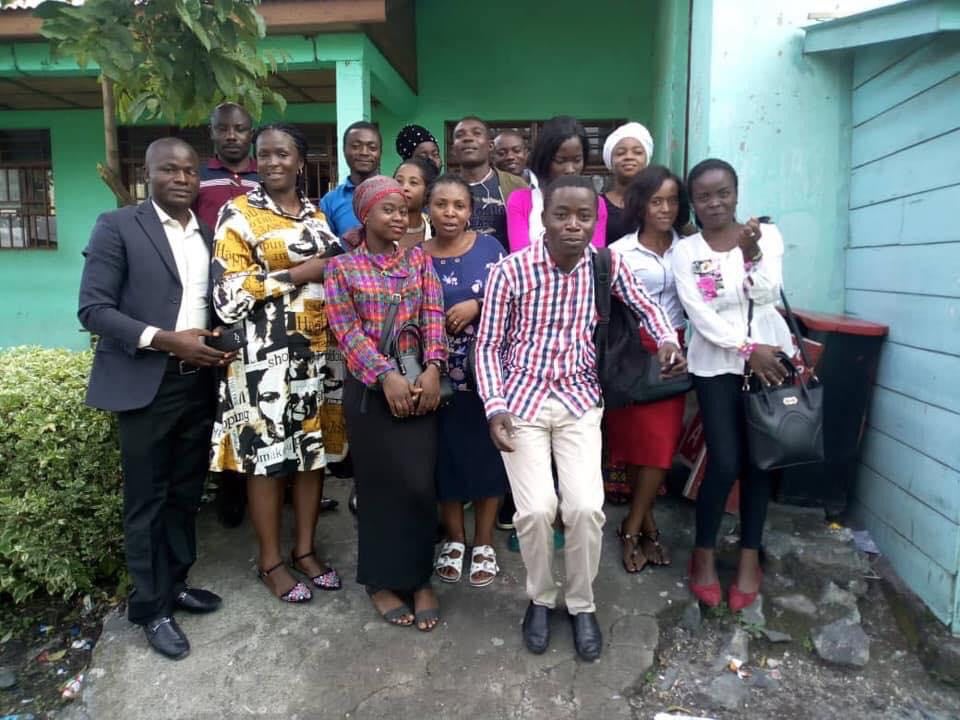
SELF-HELP AND RESILIENCE IN THE DEMOCRATIC REPUBLIC OF CONGO
I interviewed Bertin Kalimbiro from the Democratic Republic of Congo about his work in the Goma region to grow food safely and help people threatened
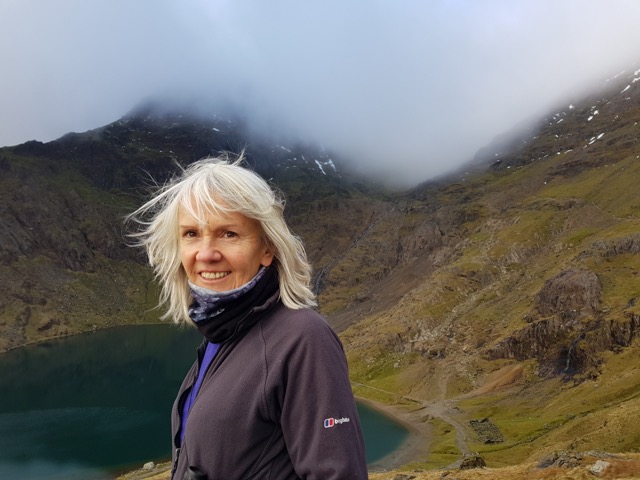
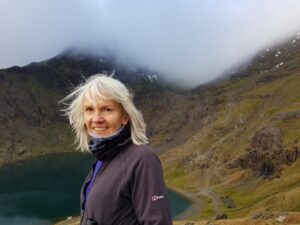
I interviewed environmentalist Nicola Davies, author of 80 children’s books and trained zoologist, who worked at the BBC Natural History Unit as a researcher and presenter. Nicola has lectured in creative writing at Bath Spa University and was the first recipient of the Special Libraries Association’s award for Outstanding Contribution to Children’s Non-fiction. In 2018 she had four picture books longlisted for the Greenaway Award.
Leslie: Tell us about your book The Song that Sings Us.
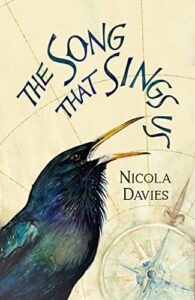
Nicola: My father saw the primary gallery rainforest when he visited Borneo in the 50’s. Huge trees meeting over every river. Now in Kinabatangan the primary forest has been logged, only secondary rain forest still remains, in pockets and strips along the river banks. Luckily this forest is still able to support populations of primates, such as silver leaf monkeys, proboscis monkeys and orang utans and wonderful birds like Rhinoceros hornbills. It is a fabulous place. The main organisation working to protect the forest and the wildlife is HUTAN supported by the UK conservation organisation The World Land Trust. Together they buy forest, plant trees to restore it and support local people to find sustainable ways of making a living that enhance the forest and wildlife and enrich their own lives.
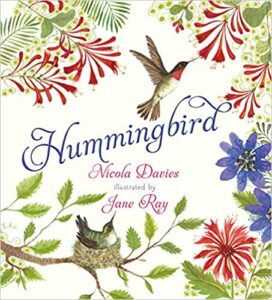
Nicola: Yes very much so. I’ve written picture books about refugees, about bullying, about disability, about disadvantaged developing-world children. Increasingly I always try to put environmental issues into their human context. Eg: my book about albatrosses Ride the Wind addressed the issue of by catch from the point of view of the small-scale artisan fishers whose activities are driven by need, but result in the death of many seabirds. My hummingbird book drew a parallel between the Latin American diaspora and migration to the US, and hummingbird migration.
ABOUT LESLIE TATE’S BOOKS:

I interviewed Bertin Kalimbiro from the Democratic Republic of Congo about his work in the Goma region to grow food safely and help people threatened

I interviewed computer expert and sustainability campaigner Dr Erlijn van Genuchten, who writes easy-to-understand books based on science full of practical suggestions for planet-friendly living.
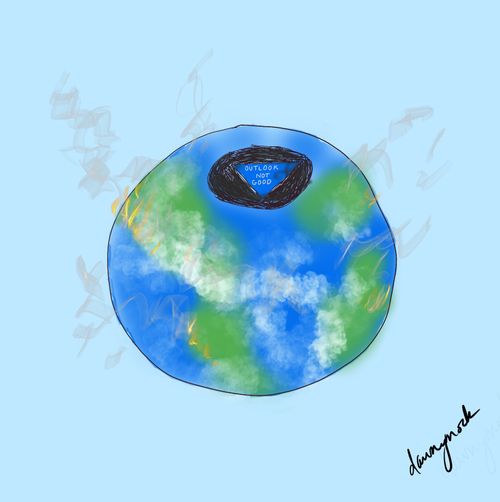
I interviewed Canadian cartoonist Dawn Mockler about how she works on cartoons that might be environmental or wordless but always witty – especially her famous
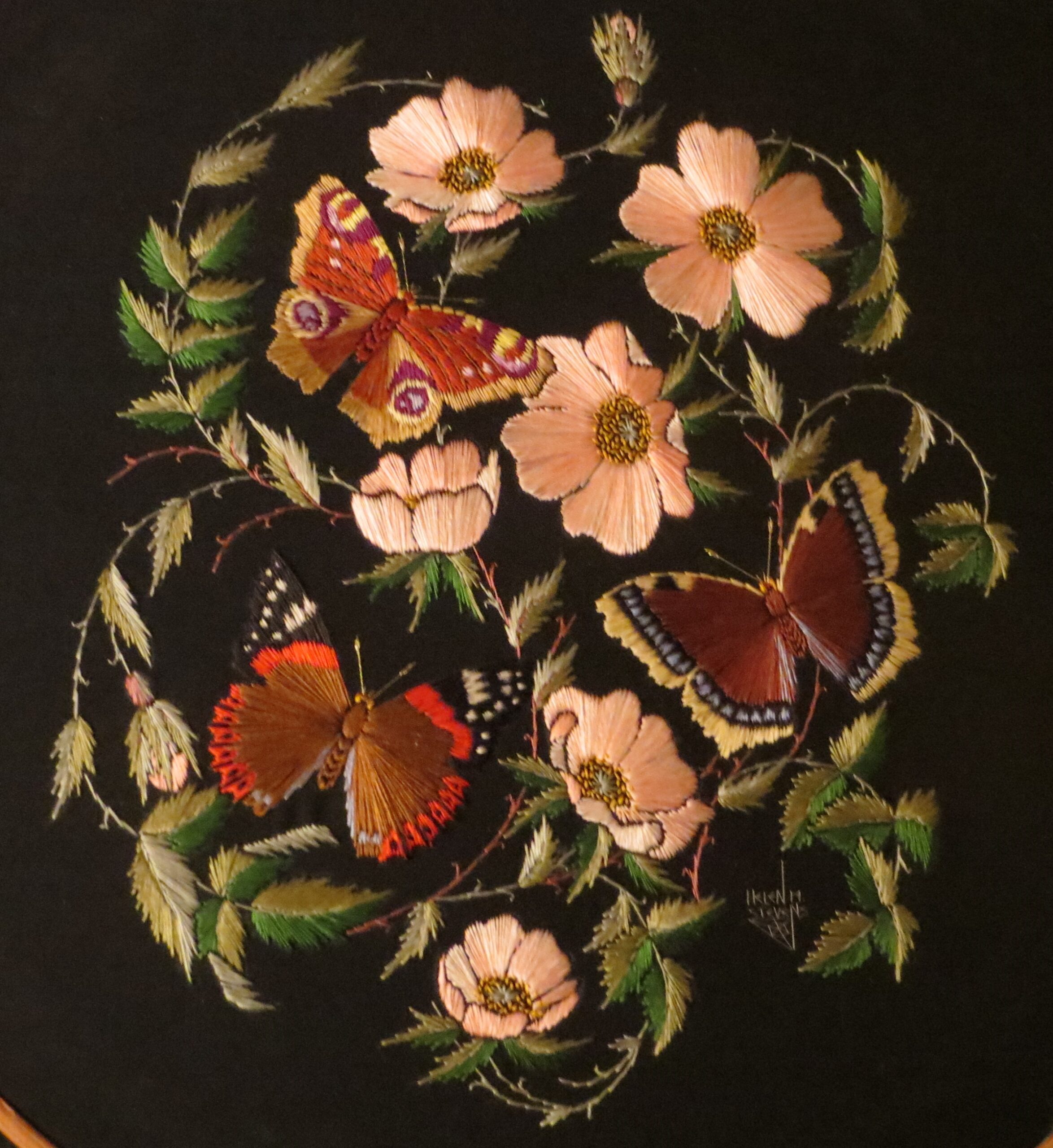
I inteviewed Helen M Stevens about how she has revived the art of embroidery, creating original contemporary patterns while studying and drawing on, “One of
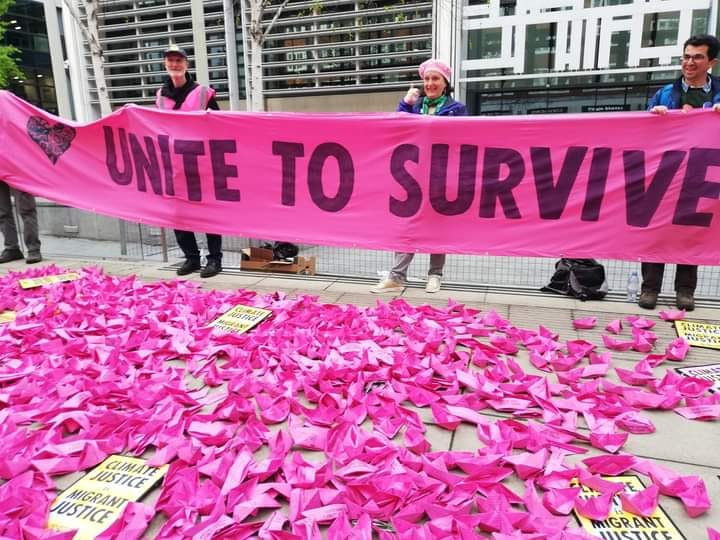
I interviewed Councillor Rachel Smith-Lyte about the origins of her passion for nature and her environmental activism. Rachel tells the story of her teaching (and
| Cookie | Duration | Description |
|---|---|---|
| cookielawinfo-checkbox-analytics | 11 months | This cookie is set by GDPR Cookie Consent plugin. The cookie is used to store the user consent for the cookies in the category "Analytics". |
| cookielawinfo-checkbox-functional | 11 months | The cookie is set by GDPR cookie consent to record the user consent for the cookies in the category "Functional". |
| cookielawinfo-checkbox-necessary | 11 months | This cookie is set by GDPR Cookie Consent plugin. The cookies is used to store the user consent for the cookies in the category "Necessary". |
| cookielawinfo-checkbox-others | 11 months | This cookie is set by GDPR Cookie Consent plugin. The cookie is used to store the user consent for the cookies in the category "Other. |
| cookielawinfo-checkbox-performance | 11 months | This cookie is set by GDPR Cookie Consent plugin. The cookie is used to store the user consent for the cookies in the category "Performance". |
| viewed_cookie_policy | 11 months | The cookie is set by the GDPR Cookie Consent plugin and is used to store whether or not user has consented to the use of cookies. It does not store any personal data. |